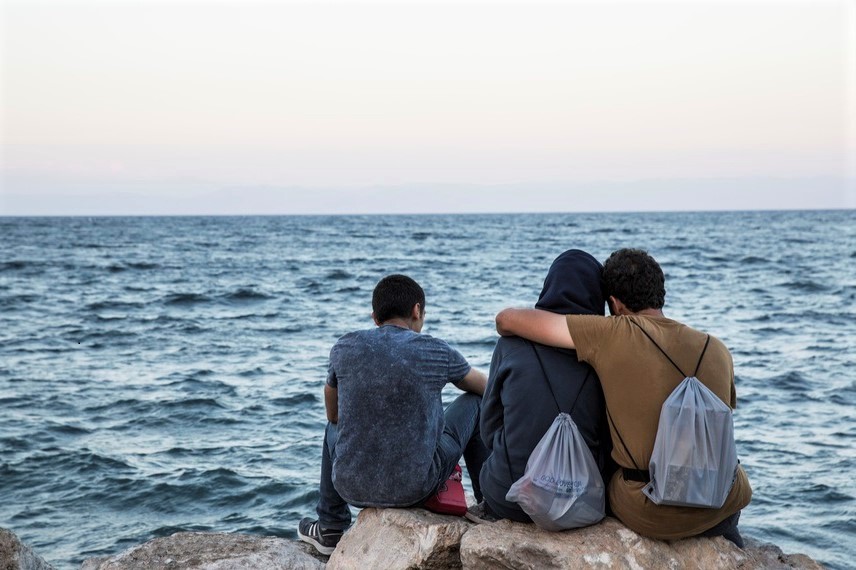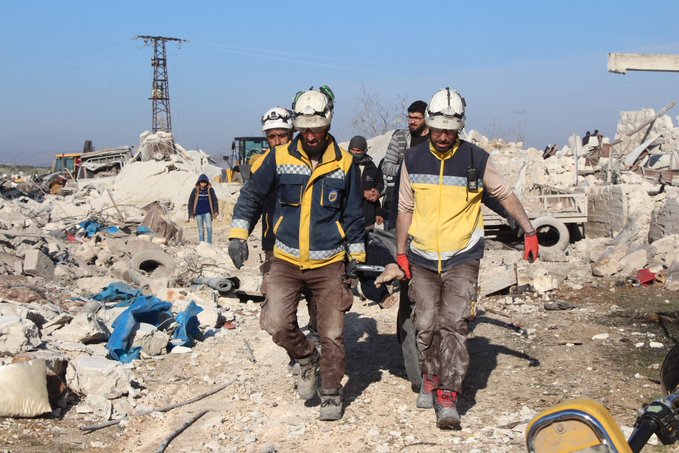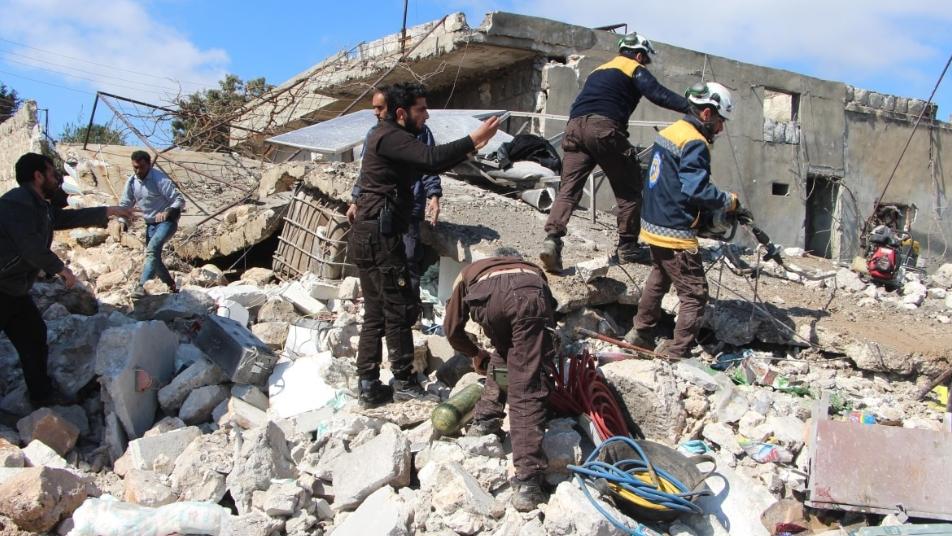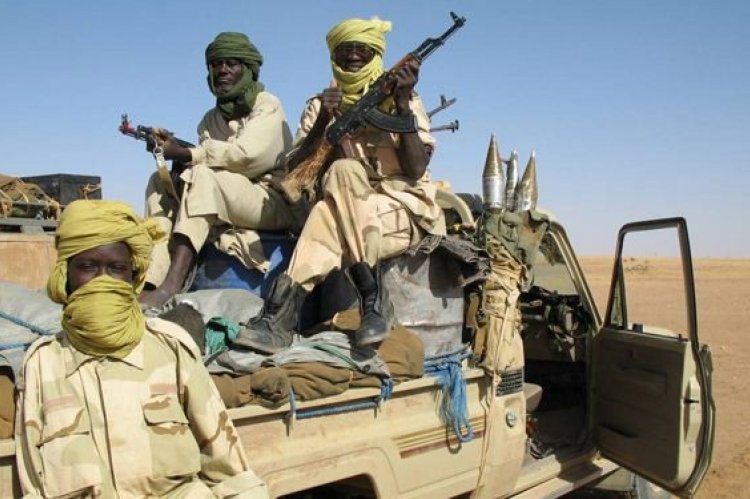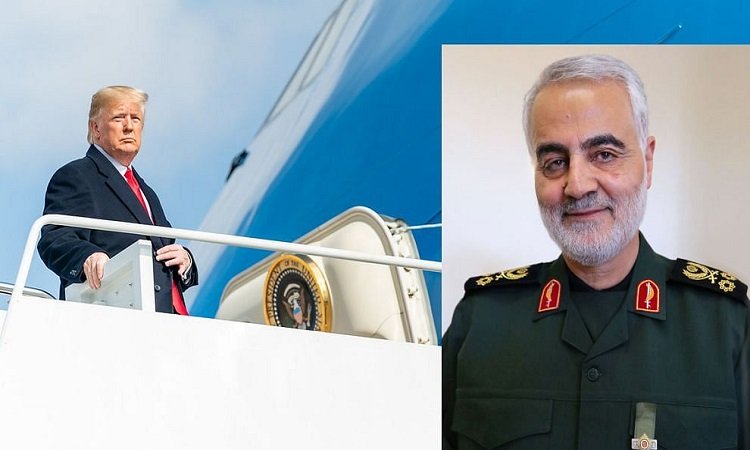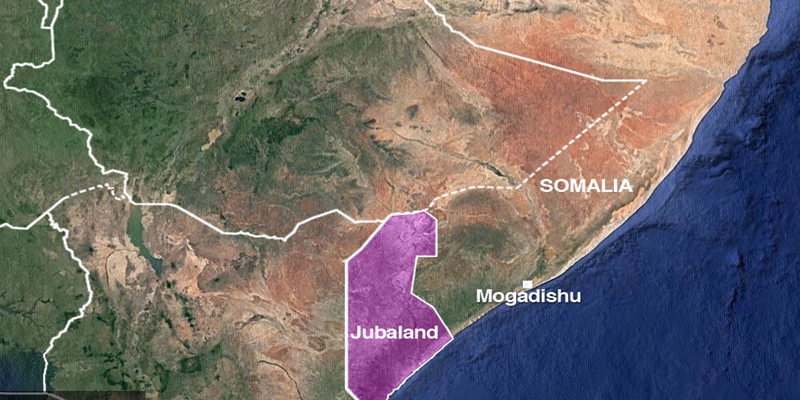
Somalia clashes escalate regional tensions
Somali troops clashed with forces from the country’s semi-autonomous Jubaland region in a flare-up of violence that is raising tensions with neighboring countries and may play into the hands of the militant group al-Shabab. Tensions have been rising since August, when Jubaland’s incumbent president, Ahmed Madobe, won regional elections that Mogadishu described as “not free and fair.” The central government wanted a loyalist candidate to win, as it seeks greater control over Somalia’s regions ahead of upcoming national elections. Kenya, which has troops deployed as part of an African Union peace enforcement operation, is on the side of Madobe, who it sees as an ally against al-Shabab, while Ethiopia has aligned with Mogadishu. Kenya accused Somali troops of encroaching on its territory and destroying property during the new violence, while the US said that the clashes are a distraction in efforts against al-Shabab. An estimated 56,000 people have been uprooted by the recent fighting. according to the UN. (Map: African Executive)



